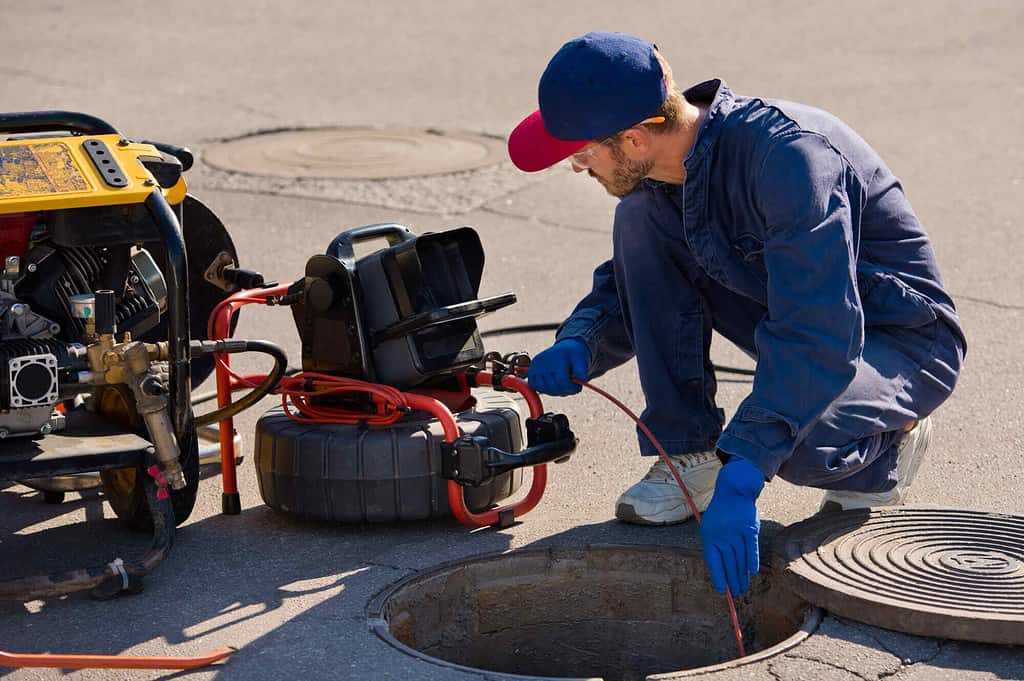
Experiencing a blocked drain can be quite a hassle for homeowners and tenants alike. It’s important to know who is responsible for resolving this issue, as it affects both the property and its occupants. In this article, we’ll explore the various responsibilities associated with a blocked drain and identify who should take action.
When a drain becomes blocked, it can lead to water backup, unpleasant odours, and potential property damage. Promptly addressing the blockage is crucial to prevent further complications. The responsibility for dealing with a blocked drain often depends on the blockage’s location and the property type.
If a blocked drain occurs within a private property, such as a single-family home, the responsibility typically falls to the property owner. It’s important for homeowners to regularly maintain their drains and address any blockages within their property lines. This might mean enlisting the help of a professional plumber to assess and fix the problem.
For those living in rental properties, the responsibility for a blocked drain might be specified in the tenancy agreement. Generally, landlords are responsible for routine maintenance and minor repairs, which usually includes dealing with blocked drains. However, tenants should review their tenancy agreement to understand their responsibilities regarding maintenance and repairs.
Blocked drains occurring on public property, like roads or sidewalks, are usually the responsibility of the local council or authority. These bodies are tasked with maintaining public infrastructure, including drainage systems. Residents can report any issues with public drains to these authorities for appropriate action.
It’s essential to address a blocked drain swiftly to avoid further issues and maintain the drainage system’s functionality. Whether the responsibility lies with the property owner, tenant, or local authority, timely action is key.
Property owners and tenants should monitor their drains and act quickly if they notice signs of a blockage. Preventive measures and proper usage of the drainage system are advisable. Professional assistance can be invaluable in effectively resolving blockages.
For issues with public drains, residents should report the problem to the relevant authorities, providing details about the location and nature of the blockage. Prompt reporting can facilitate the necessary actions to clear the drain and minimize community disruption.
In summary, the responsibility for addressing a blocked drain varies based on the blockage’s location and the type of property involved. Property owners, tenants, and local authorities each have a crucial role in resolving blocked drains to ensure a functional and efficient drainage system. Understanding these responsibilities and acting proactively can lead to the timely resolution of such issues.
Book drain unblocking with us today!
Contact our team of experts today. Our offices are open 6am to midnight 7 days a week.